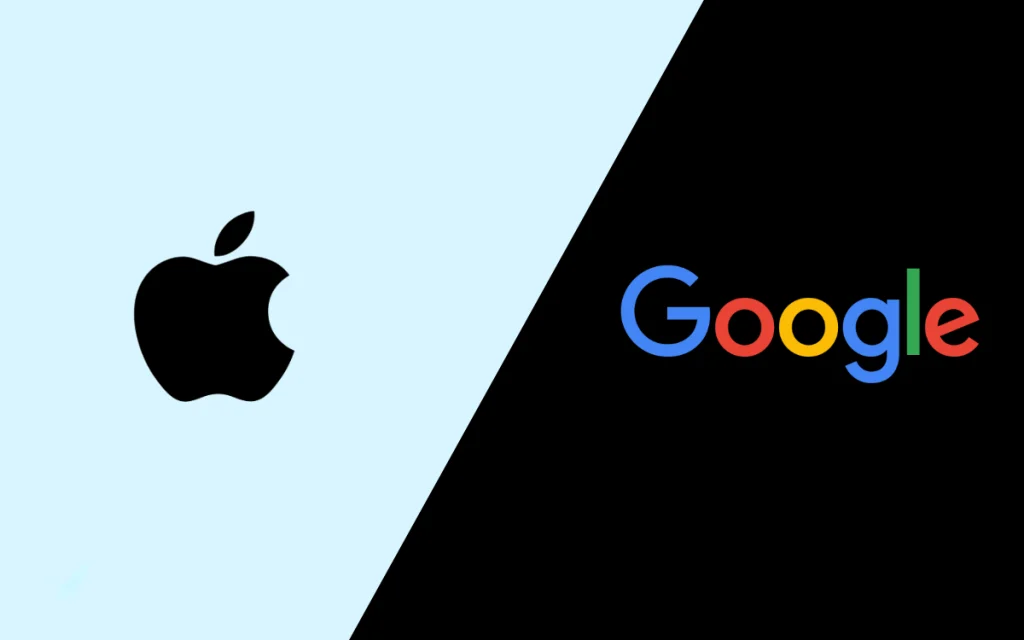As the artificial intelligence race intensifies, Apple’s cautious, privacy-first approach is drawing mixed reactions, especially as Google and Microsoft push aggressive AI innovations across consumer and enterprise platforms.
Although Apple just unveiled its Apple Intelligence suite, which aims to combine AI and iOS in a strictly regulated on-device setting, detractors claim the company is falling behind competitors like Microsoft and Google, who have already incorporated potent generative AI tools into their cloud platforms, productivity suites, and search engines.
For example, Google’s Gemini and Microsoft’s Copilot are revolutionising the way consumers engage with software by providing real-time support, document creation, code development, and more—often fueled by cutting-edge cloud-based models.
A strategy that appeals to its devoted user base but raises concerns about scalability and innovation speed is Apple’s emphasis on user privacy, localised processing, and selective cloud integration. Analysts caution that Apple could lose the interest of developers and enterprises if it doesn’t have a more dynamic AI future, particularly in industries that require cutting-edge generative AI.
The IT community is now keeping a careful eye on whether Apple’s strategic approach to AI will ultimately succeed or if it will have to catch up to Google and Microsoft’s quick-thinking tactics.




